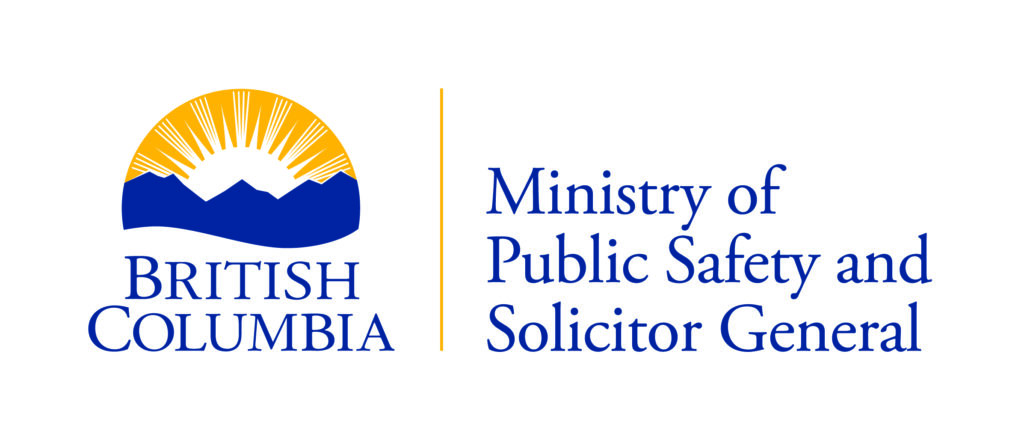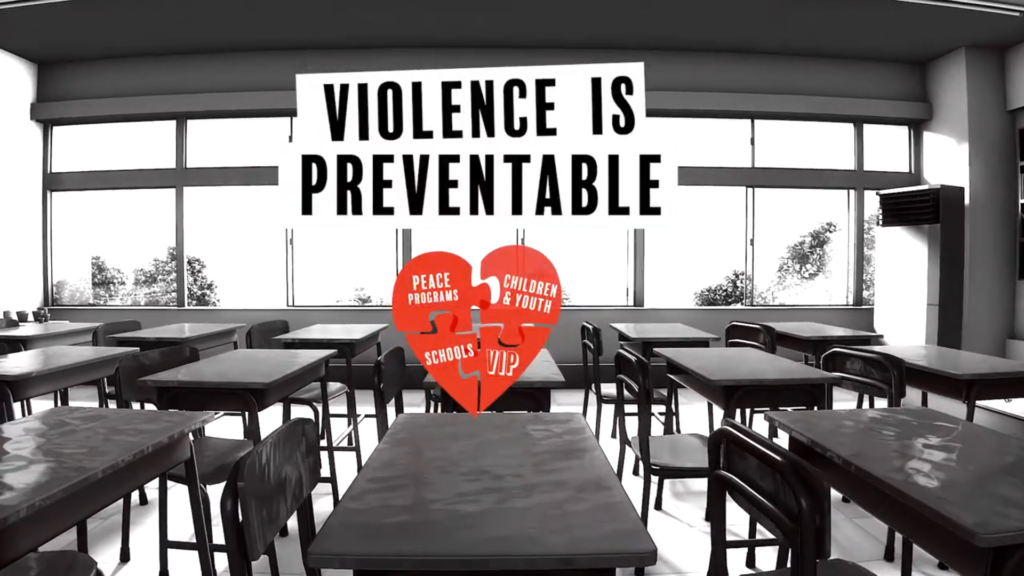ACKNOWLEDGEMENTS
Written by: Sonia Bhatia and Rhiannon Wong (2018), Sarah Manwaring-Everett (2024)
Editors: Amy S. FitzGerald (2018, 2024), Louise Godard and Nicky Bowman (2020), Chelsea Parker (2024)
Design: Hannah Lee and Colour Time (2018 and 2020), Jenny MacPhee (2024)
ADVISORY COMMITTEE
BCSTH gratefully acknowledges the members of the Advisory Committee for sharing their experience and wisdom, and for providing thoughtful insight and feedback throughout the development of the VIP
Curriculum:
Colleen Making, SAFE Society (2018)
Megan Comey, Ishtar Transition Housing Society (2018)
Melissa Peoples, Haven Society (2018) Tracy Myers, Haven Society (2018)
Sara Olofsson, Robson Valley Community Services (2024)
Angie Brown, Sources Community Resource Centre (2024) Lori Winters, Cariboo Friendship Society (2024)
Bekah Jones, PearlSpace (2024)Sheila Sherkat, PearlSpace (2024)

BCSTH gratefully acknowledges the funding and support of the Ministry of Public Safety and Solicitor General which has made the development and
production of the VIP Curriculum possible.

BCSTH gratefully acknowledges the funding and support of the Ministry of Public Safety and Solicitor General which has made the development and
production of the VIP Curriculum possible.
Table of Contents
- Acknowledgements
- Introduction & Overview of VIP Curriculum
- Grade K-3 Lesson Plan & Ministry of Education Curriculum
- Grade 4-6 Lesson Plan & Ministry of Education Curriculum
- Grade 7-9 Lesson Plan & Ministry of Education Curriculum
- Grade 10-12 Lesson Plan & Ministry of Education Curriculum
- Appendix A: Tip Sheets to Support VIP Presentation
- Appendix B: VIP Curriculum Resources
INTRODUCTION & OVERVIEW OF THE VIP CURRICULUM
THE VIP CURRICULUM & CLASSROOM PRESENTATIONS HAVE TWO MAIN GOALS:
- Education Supports Prevention
Education and support for children and youth can help prevent violence. 3 in 5 kids in every Canadian classroom have been exposed to violence in the home. Children and youth who experience domestic violence are harmed further when they feel alone and are unable to speak about the violence. When developmentally appropriate child and youth centred principles are applied to prevention work, situations for children and youth with experiences of violence can be improved and it can aid in stopping the intergenerational cycle of abuse.
The Violence is Preventable (VIP) Program was initiated by BCSTH in 2004 to establish a province-wide system that provides students in grades K-12 with school based education supports around issues of violence through school presentations. VIP also links schools and students to their local free PEACE Program counsellors. The aim of the VIP project is to break the silence on domestic violence and abuse and provide safe spaces for students to speak up about violence and to learn about healthy relationships, safety and available supports. VIP also offers free educational prevention presentations
to educators, parents and caregivers. - Increasing Awareness and Access to PEACE Programs
The VIP Program increases awareness about the PEACE Programs throughout British Columbia and helps to connect young people who have experienced domestic violence to a local PEACE Program. Through age-appropriate conversations, activities, art and media in school classrooms across British Columbia, the VIP curriculum helps children and youth identify what it feels like to be safe and what are things they can do to be safe when they are experiencing domestic violence.

Video:
https://www.youtube.com/watch?v=rbmAyqqXh_o
Public Service Announcement:
https://youtu.be/_e_trZl7_vQ
BCSTH created the VIP curriculum to support children and youth to stay safe in their homes and communities and to collaborate with BC schools to meet this prevention and awareness goal.
Topics discussed throughout the curriculum support the following three main messages: (1) violence is not your fault, (2) you are not alone and (3) there are people that can help. These messages are listed below
alongside ways PEACE Program counsellors can incorporate them into VIP presentations.
- Violence is not your fault
- Sharing age-appropriate tools for recognizing and identifying different types of domestic violence, signs of an unhealthy relationship and qualities of a healthy relationship.
- Education about the cycle of abuse and emphasizing the importance of knowing that victims of violence are not to blame.
- You are not alone
- Learning how to identify safe adults who are allies.
- Have conversations about healthy relationships.
- There are people who can help
- Develop clear channels of communication and resources, such as phone numbers and email addresses, with children to use when they experience domestic violence.
- Safety planning conversations and education for all ages.
The VIP curriculum is divided into grade specific categories that align with the developmental stages of the PEACE Program Toolkit and the Ministry of Education (MOE) Curriculum. The grade categories used in this curriculum are:
The connections with the MOE curriculum are noted throughout the VIP curriculum to serve as a useful reference point when communicating with school staff about how the VIP Program might support broader
classroom goals.